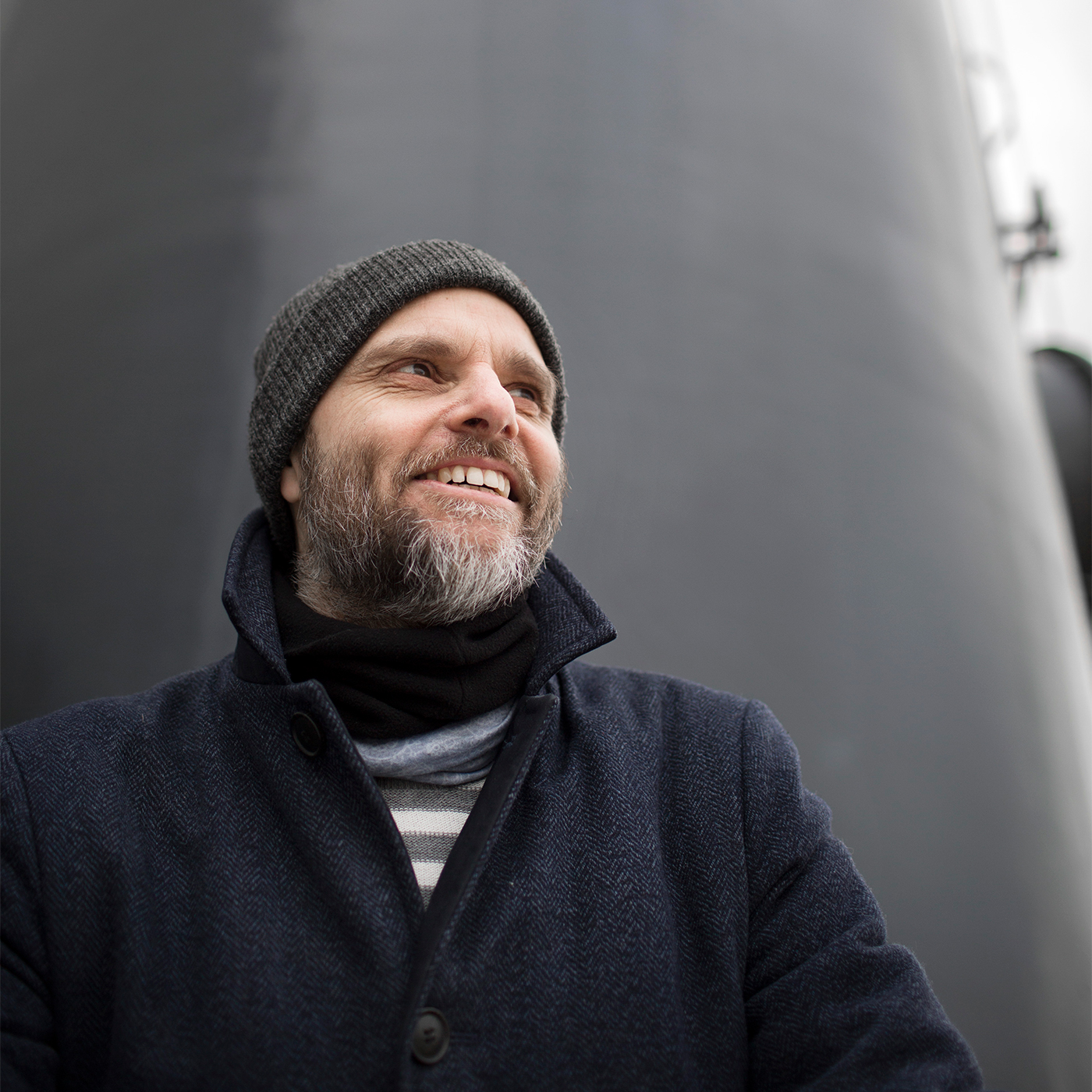New technology can significantly reduce ammonia and methane emissions from agriculture
A Danish research team has invented a natural additive for livestock manure to reduce emissions of various gases from the manure, for example the greenhouse gas methane.

Researchers from the University of Southern Denmark (SDU) and Aarhus University have developed a new additive for the agricultural sector, which has the potential to drastically reduce emissions of various gases from manure, while at the same time reducing odours by 50%.
The additive consists of the two naturally occurring substances fluoride and tannins, which are common in products such as toothpaste, tea and red wine.
The results have just been published in the scientific journal Environmental Science & Technology.
"Our laboratory experiments are designed to mimic emissions in piggeries, and clearly show great potential in reducing ammonia evaporation, methane emissions and odours," says Postdoc Frederik Rask Dalby from Aarhus University, who has been responsible for laboratory experiments testing the additive on pig slurry.
The researchers believe that their new invention will lead to agriculture successfully reducing its climate and environmental impacts in an easy and efficient manner. Therefore, their research has also had strong focus on ensuring that a new technology is affordable.
"It’s important to keep the costs of environmental technologies in agriculture at a realistic level. Otherwise, it’ll be too expensive for farmers to implement these technologies. We’re currently working on optimising the dosage of tannins in the additive to keep the price down," says Associate Professor Anders Feilberg who headed the part of the project under Aarhus University.
This new technology has been developed under the project Next Generation Manure Ammonia Reduction Technology funded by the Green Development and Demonstration Programme (Grønt Udviklings- og Demonstrationsprogram (GUDP)) under the Ministry of Environment and Food of Denmark with DKK 11.4 million.
The project is headed by Professor Henrik Karring from SDU Chemical Engineering, who calls the new additive a three-in-one technology:
"Laboratory experiments with pig slurry have shown that we can reduce ammonia evaporation by up to 95% and reduce emissions of methane by up to 99%, depending on the amount of added tannins and fluoride. As a welcoming and surprising bonus, it turns out that the same technology reduces the smell of manure significantly, corresponding to a 50%-reduction on the odour index. It’s a three-in-one technology that can reduce ammonia evaporation, methane emissions and odours," he says in a press release from the University of Southern Denmark, in which he also reveals that more technologies to reduce emissions from agriculture are on the way:
"We've actually found several substances that have an effect. We're looking further into this, so I don't want to reveal anything yet, but it looks promising”, he says.
Facts
According to the EU NEC Directive, Denmark is obligated to reduce ammonia evaporation significantly because ammonia has adverse effects on nature and causes air pollution. Agriculture accounts for approx. 95% of ammonia evaporation and contributes to emissions of greenhouse gases. A large proportion of ammonia evaporation and climate gases come from slurry.
Project title: Next Generation Manure Ammonia Reduction Technology (ManUREA Technology)
Project participants: University of Southern Denmark, Aarhus University, SEGES and JH Agro A/S.
Project period: 01.10.2015-30.11.2020.
Contact
Associate Professor Anders Feilberg
Mail: af@eng.au.dk
Tel.: +45 30896099
Postdoc Frederik Rask Dalby
Mail: fd@eng.au.dk
